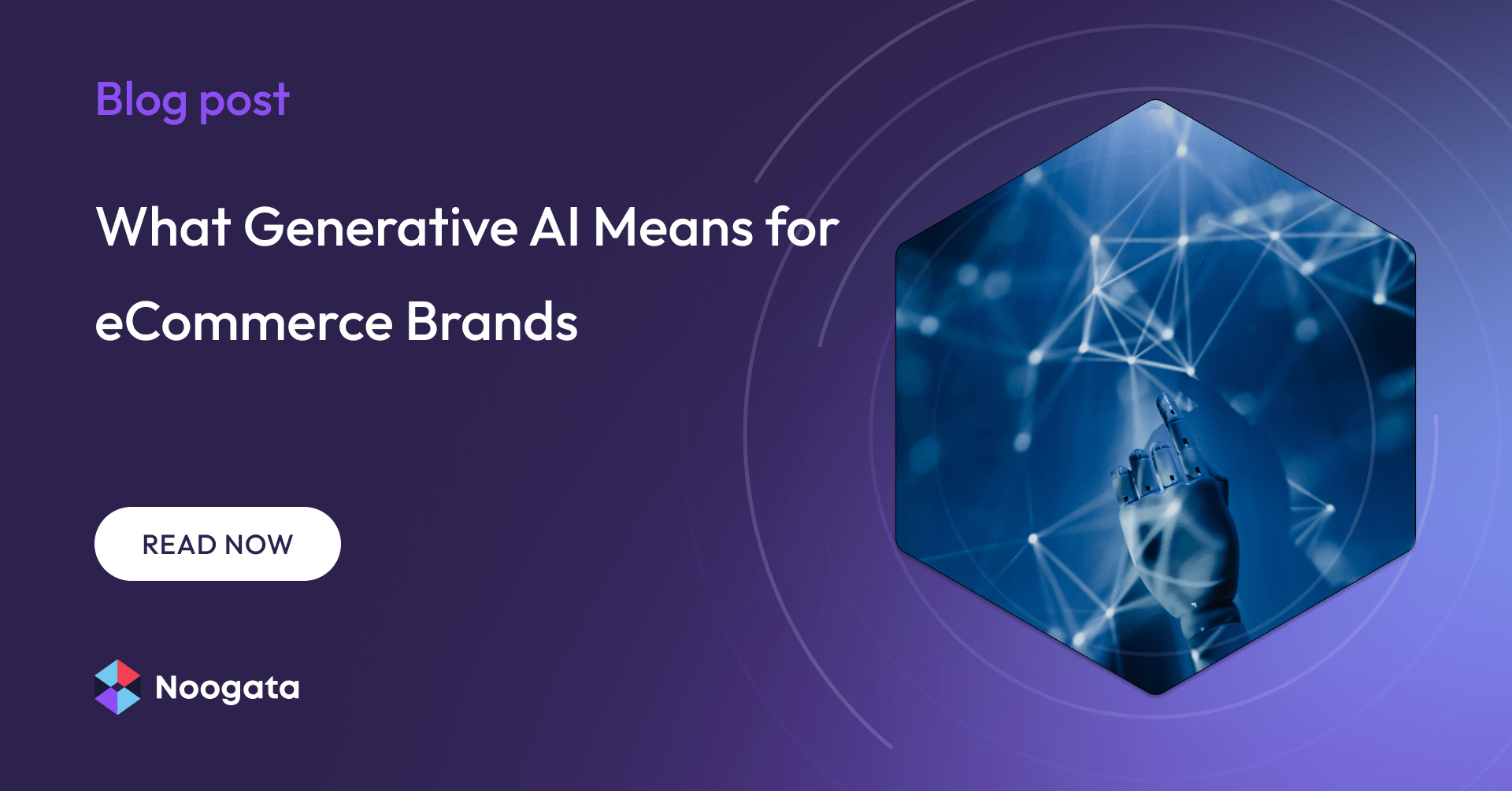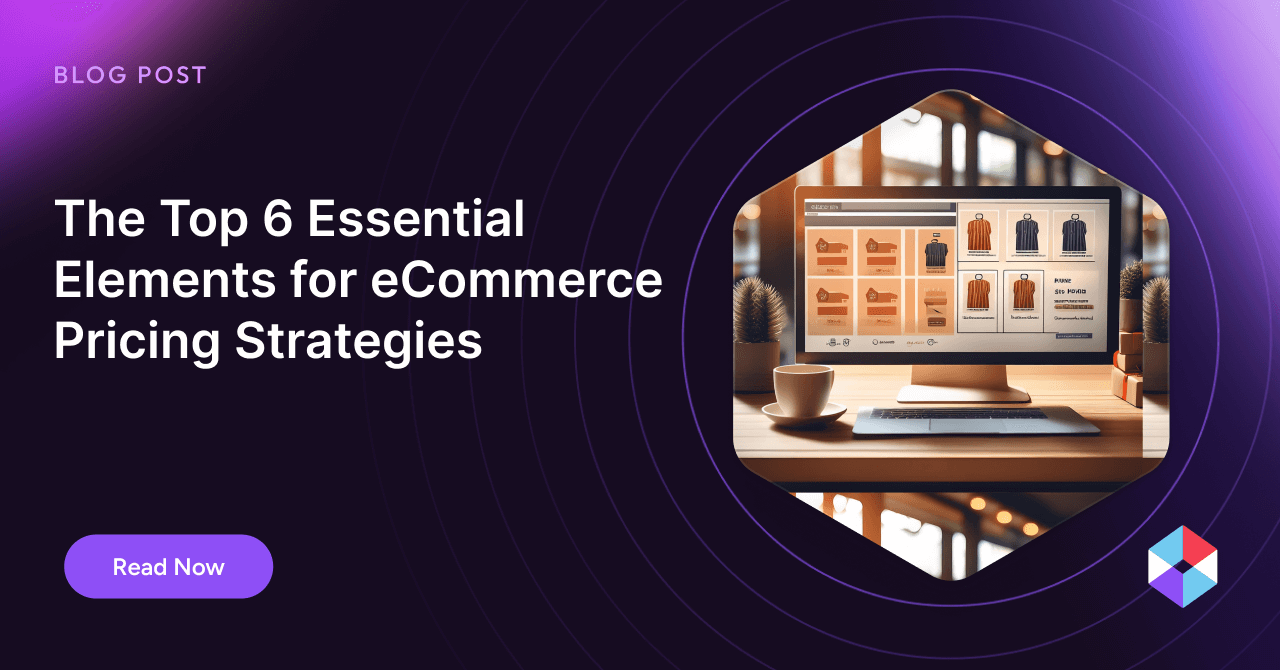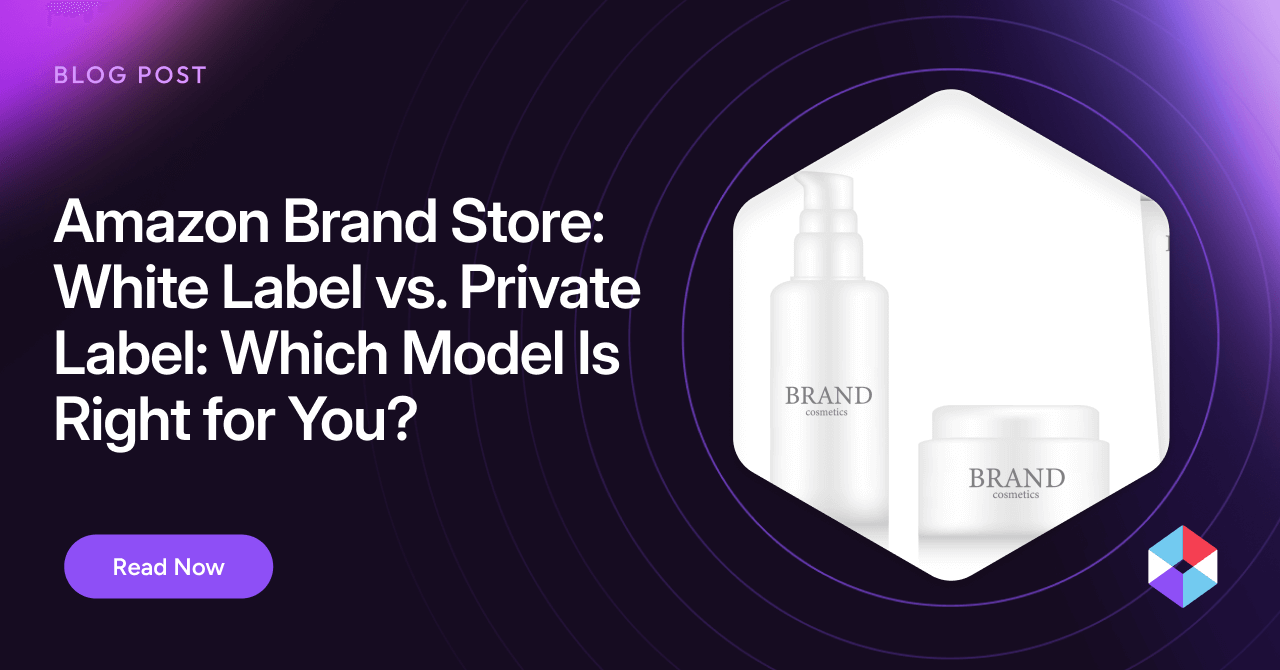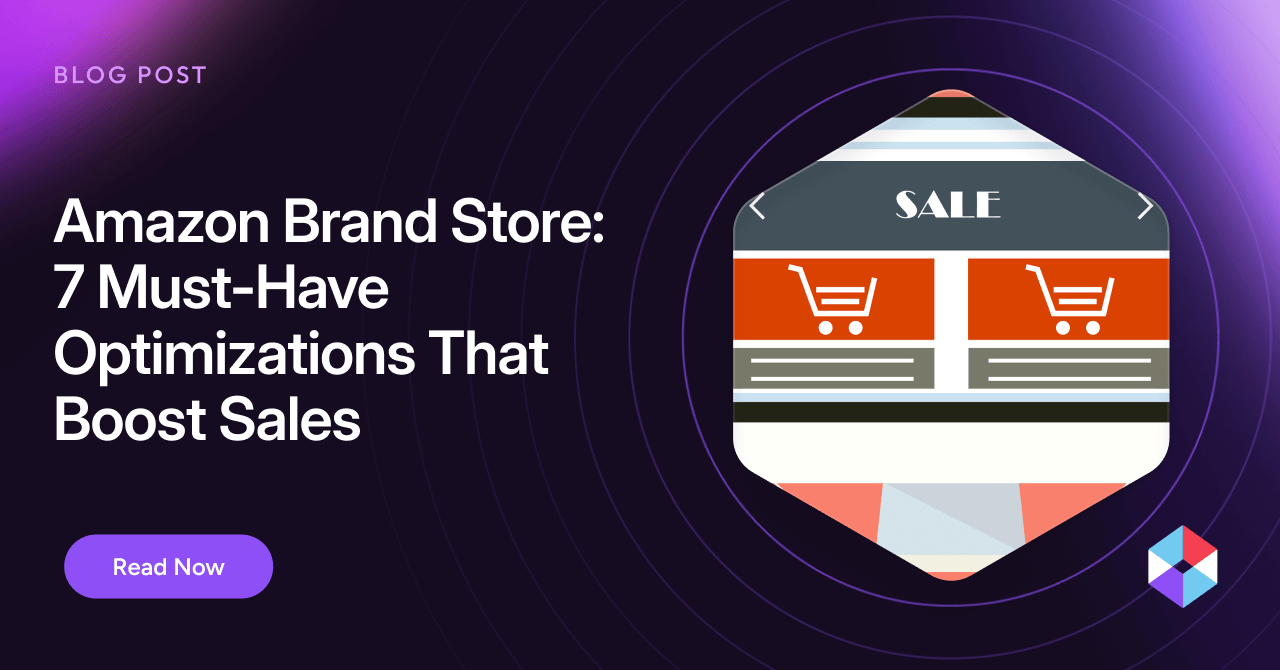The world of eCommerce is different with generative AI in it. The question is, to what extent? CPGs with large and complex portfolios process and collect data that are prime for analytics, yet putting the analysis into practice is time and resource intensive. Data is the distinguishing factor in gaining a competitive advantage, and that’s where generative AI shines.
According to a recent report by PwC, 76% of business leaders have implemented some form of artificial intelligence into their company operations. The result is an advancement in three key areas: business transformation, enhanced decision-making, and modernized systems and processes. In the same report, researchers found that businesses with advanced AI adoption have significantly better ROI.
Join us as we explore how CPGs, digital brands, and eCommerce businesses can leverage generative AI to boost performance, sales, and revenue.
Is Generative AI Really a Silver Bullet?
You’ve probably heard of generative AI thanks to the field’s new poster child, ChatGPT. In reality, generative AI has been a critical player in the eCommerce industry’s digital transformation for one standout use case: data analysis. As organizations discover more and more use cases (like price forecasting, search trends, and hyper-personalization), they also realize vast benefits in predictive decision-making.
Generative AI learns from billions of data points to produce content such as text, video, and images. Connecting the algorithms to different datasets will enable personalized results relevant to your brand. What’s remarkable to users and businesses is its ability to create realistic, original, and human-like content at a ridiculous speed. A task that would take an employee a few hours (or even months, depending on the job) takes generative AI platforms like Noogata a few seconds.
Consider data analysis, for example. It’s impossible to expect employees to scan gigabytes of data for hours to reach a conclusion. Generative AI monitors vast amounts of data, such as hundreds of thousands of ASINS on Amazon, and identifies trends in product performance and actionable recommendations for growth without human intervention.
To Infinity… and Beyond
AI’s scalability goes far beyond the abilities of human operations, a fact that is clear when you consider the real-time nature of generative AI. Some platforms deliver analytics, insights, and recommendations almost as soon as they occur, which hugely boosts CPGs’ ability to make data-driven decisions. Effectively, AI shatters the glass ceiling of time and resource constraints.
AI-powered solutions built to support large-scale CPGs such as Noogata solve eCommerce challenges in production, transactions, and interactions, which McKinsey identifies as the three key pillars of successful economic activity. AI also solves a critical roadblock that every business can relate to, velocity. By applying AI to your processes as an assistive technology to employees, you can expedite automation on manual tasks to improve efficiency and productivity.
AI the Opportunist
There’s a big difference between solutions that harness AI/ML and simple dashboards: the former turn insights into opportunities. The best consumer intelligence platforms are easy for technical and non-technical users to understand for use cases like digital modeling, data analysis, and BI. In a way, AI signals the end of risk-taking. It harnesses immense volumes of data to predict metrics, including audience behavior and product success, meaning traditional ‘head vs. heart’ decision-making goes out of the window—the data will tell you what to do next.
Features like Noogata’s Search Trendspotting provide insights associated with opportunity value and priority level, which help CPGs with complex portfolios to cut through the noise and guarantee performance increases. In this use case, Noogata’s AI scans the market and competitor brands to highlight your share of searches, predict new search trends, and capitalize on them for advertising and promotional opportunities. eCommerce and generative AI are a perfect pairing—CPGs have the data, and AI turns it into a competitive advantage through predictive analysis.
When it comes to retail predictions, price forecasting is king. The Corporate Finance Institute suggests four distinct models for calculating price. But all of them include some degree of statistical analysis and mathematical equations that are ineffective in the time-sensitive world of eCommerce.
Instead, generative AI uses competitive intelligence data to track when other brands are re-pricing similar items. Based on this insight, it offers essential recommendations to help your business meet demand, such as suggesting when to slash prices and for which items and calculating the recommended discount.
The ability to dynamically calculate pricing in line with competitors is the ultimate challenge for eCommerce—and now, there’s a viable solution.
AI: Your Employee of the Month, Every Month
While generative AI can’t attend your 9 am Teams meetings and Christmas parties, that doesn’t mean it’s not part of your workforce. It can streamline your workflows and automate manual tasks, which enhances productivity and gives your employees more time to focus on human-centered functions like business development. Here are a few emerging use cases for generative AI in eCommerce.
Marketing
The recent fascination with ChatGPT revealed generative AI’s prowess in producing creative content like copy, images, video, and product photography at scale and speed. Your employees can effectively take on the role of editors, not creators if they harness generative AI to mass-produce complex and compelling assets.
For example, AI video generators can create high-quality, personalizable video content without needing a production studio—or even a person. Noogata’s Perfect Content feature does the legwork for your copywriters by selecting high-performance keywords based on competitor pages and Amazon, then generating titles and descriptions for all your products. You’ll never miss a trend because Noogata automatically optimizes content by benchmarking it against other brands in your competitive landscape.
Sales
Amazon’s growth performance is a headache for most eCommerce businesses. Amazon’s scope means it’s a fiercely competitive space to perform in, and your products can easily get lost in the fray. Generative AI like Noogata’s Ad Booster feature identifies the most effective messaging, keywords, and products that will perform best on your digital shelf, which ensures you maximize advertising exposure and ad ROI. It segments your audience and delivers hyper-personalized messaging that would be impossible on such a large scale for CPGs.
Customer Experience
No one can deny that excellent customer experience requires the human touch, which might lead you to believe that you need boots on the ground at all times. Although attentive employees are crucial in delivering satisfactory customer experiences, you can leverage generative AI to reassign your people to complex tasks.
AI-powered chatbots offer high-touch, 24/7 customer support, and features such as a virtual try-on booth on your website provide accessibility and attention to customers at scale. AI tailors content, product recommendations, and more to your customers, and this level of personalization is an invaluable tool for customer loyalty and conversions.
Analytics and Competitive Intelligence
Most eCommerce businesses are sitting on golden data, but CPGs feel like they have too much of it. Complex data at high volumes is almost impossible to use as a competitive advantage without generative AI’s granular insights and visibility.
AI models like those employed by Noogata generate market intelligence, demand forecasting, and competitor insights, then automatically optimize your content and ads to improve your digital shelf visibility. While the analytics capabilities of generative AI identify ways to drive growth (e.g., price optimization), it also alerts you to poorly performing content and products to help avoid excess inventory and wasted resources.
The Secret to Exceeding Customer Expectations
According to Gartner, venture capital firms have invested over $1.7 billion in generative AI solutions over the last three years. It also suggests that AI will create an impressive 30% of outbound marketing messages. The question isn’t whether AI will lead CPGs into the next generation of innovation – it’s how quickly.
So, how do your customers feel about all this? The statistics show that consumer expectations are higher than ever, with 82% saying they expect retailers to accommodate their preferences and meet their needs. It’s a tough ask if you have tens of thousands (or potentially millions) of customers. With this in mind, it’s no surprise that generative AI pops up on HubSpot’s 2023 list of customer experience predictions: chatbot adoption, hyper-personalization, and omnichannel digital experiences are among the key trends.
The future of generative AI is excitingly bright, and its self-learning capabilities mean it will only improve. AI is already part of every successful CPG’s daily toolset to help them outperform the competition. Generative AI use cases span every aspect of eCommerce operations, meaning that businesses at every point in their digital transformation journey can benefit from the efficiency of platforms like Noogata. When competitive intelligence is a necessity, so is generative AI.
Get a demo of Noogata today and see the difference a date makes.






